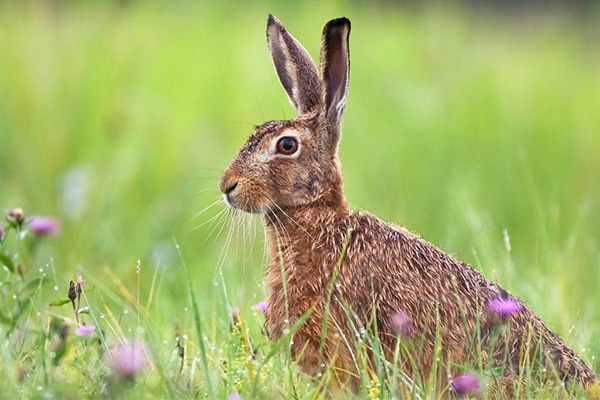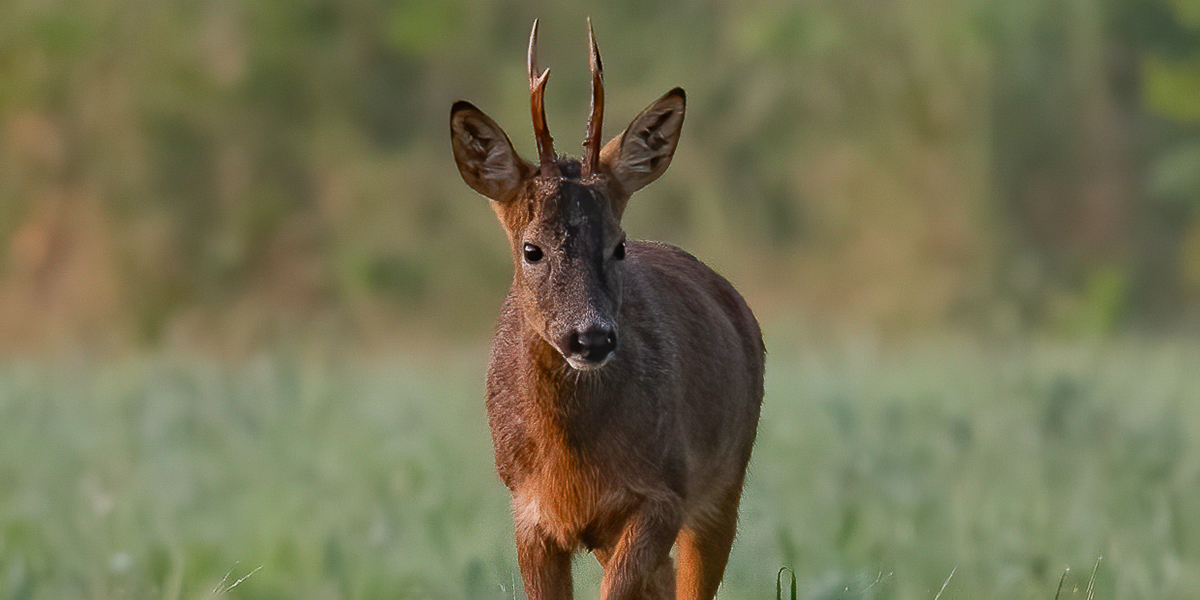
Challenges for shooting in animal welfare shake-up
Read Conor O’Gorman’s blog following the inclusion of plans for new animal welfare legislation in the Queen’s speech in parliament yesterday.
Get information on the legal shooting season for mammals and birds in the UK.
Apply for funding for your project or make a donation today
Comprehensive information and advice from our specialist firearms team.
Everything you need to know about shotgun, rifle and airgun ammunition.
Find our up-to-date information, advice and links to government resources.
Everything you need to know on firearms law and licensing.
All the latest news and advice on general licences and how they affect you.

Updated 2 September 2024
Following on from the news last week that a single case of the Bluetongue virus has been confirmed in South Norfolk, the control zone has now been extended to cover the entirety of Norfolk and Suffolk after more cases emerged over the weekend.
Essex, Kent and East Sussex are classified as High Risk Areas, but not part of the control zones.
Defra has announced that the total number of infected animals as of today, 2 September, stands at 27 across 10 different premises.
The virus can affect all ruminant animals, including wild deer, and BASC is advising any deer managers in or around this area to be extremely vigilant when inspecting carcasses and immediately report any suspected findings to the Animal and Plant Health Agency.
Details of the virus, the control zones and the signs and symptoms of Bluetongue can all be found on the Defra website.
BASC has contacted Defra to seek specific guidance for deer managers which we will publish in due course.

Read Conor O’Gorman’s blog following the inclusion of plans for new animal welfare legislation in the Queen’s speech in parliament yesterday.

Find out how managing woodland effectively can deliver for shooting, while also bringing significant benefits for wildlife and biodiversity.

Scotland’s deer population is estimated to be in excess of one million, but many trained recreational deer stalkers in Scotland struggle to access deer management opportunities.
We use cookies to improve your experience on our site. By using our site, you consent to cookies.
Manage your cookie preferences below:
Essential cookies enable basic functions and are necessary for the proper function of the website.
These cookies are needed for adding comments on this website.
Google reCAPTCHA helps protect websites from spam and abuse by verifying user interactions through challenges.
Google Tag Manager simplifies the management of marketing tags on your website without code changes.
Statistics cookies collect information anonymously. This information helps us understand how visitors use our website.
Clarity is a web analytics service that tracks and reports website traffic.
Service URL: clarity.microsoft.com (opens in a new window)
You can find more information in our Cookie Policy and .